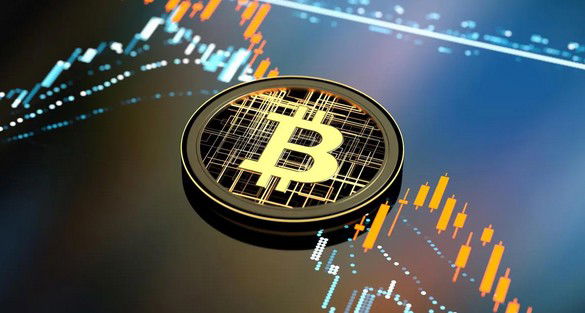Literature
MAJOR LEAP IN INDIAN CRYPTO MARKET- Madras High Court verdict

In a significant advancement for India's cryptocurrency sector, the Madras High Court acknowledged cryptocurrency as a “property” under Indian law while dismissing a plea filed by a crypto investor whose holdings on the WazirX exchange were frozen following a cyberattack in 2024.
The recent judgment delivered by the Madras High Court in Rhutikumari v. Zanmai Labs marks a pivotal judicial intervention and provides an important pronouncement on the nature of cryptocurrencies and the rights of Indian investors. It influences the ongoing discourse in a domain where legislative measures have been notably absent. Although the decision primarily aims to provide interim relief to a single investor, its implications extend to the millions of Indian Virtual Digital Asset (VDA) users operating within a market that the government taxes but does not formally regulate. Beyond its immediate scope, the judgment exemplifies the judiciary’s role as a constitutional check in shaping rights within the digital age. It exemplifies a scenario where persistent legislative inertia has compelled the courts to step in to uphold constitutional balance.
Proposed legislations, including the 'Banning of Cryptocurrency and Regulation of Official Digital Currency Bill, 2019' and the 'Cryptocurrency and Regulation of Official Digital Currency Bill, 2021,' have not advanced beyond the draft stage. Conversely, the government has enacted a rigorous tax regime, imposing a 30% tax on gains and a 1% tax deducted at source on all trades. This creates a paradoxical situation wherein the industry bears a substantial tax burden while lacking formal legal protections. Such legislative inaction exposes millions of Indian users to risks including fraud, cyberattacks, and insolvency of international exchanges.
What precisely constitutes a cryptocurrency? Mirroring the Supreme Court's observation in Internet and Mobile Association of India v. Reserve Bank of India, the High Court referenced the Vedic concept of "neti, neti" ("not this, not that") to illustrate the challenge of defining this modern digital phenomenon. The court recognized that the term "currency" is misleading, as its valuation is not determined by a sovereign authority but by the consensus between willing buyers and sellers. Equally, categorizing it as a digital "asset' remains complex. The High Court's ruling carefully differentiated crypto as property, not currency, thereby resolving an interpretive deadlock faced by regulators and courts worldwide.
Key conclusions of the judgment includes Recognition of Cryptocurrency as "Property". The court, for purposes of granting interim relief, classified the user's holdings as an "asset." This approach aligns with the perspectives adopted by courts in the United Kingdom, Singapore, and New Zealand, which have acknowledged cryptocurrencies as a form of intangible property capable of ownership and trust. This judicial recognition constitutes a crucial initial step towards establishing a legal framework for remedies. Furthermore, the court endorsed the legitimacy of cryptocurrencies by noting that, under Indian law, they are treated as VDA and not as speculative transactions as delineated and recognized by statutes.



































